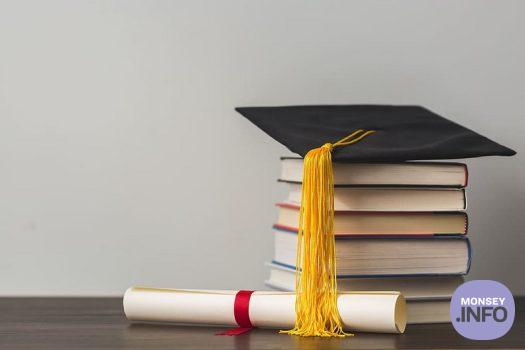
State Board of Regents Passes Substantial Equivalency Regulations
by Reuvain Borchardt – Hamodia
The State Board of Regents on Tuesday passed new regulations on secular-studies in private schools, requiring each school to prove to education officials that its curriculum is “at least substantially equivalent” to that offered in public schools. Passage of the regulations transforms the relationship between government and private schools in the Empire State, and caps a years-long battle over what secular education each child deserves and whether it should be determined by parents or governmental authorities.
The regulations would require all private schools to either offer Regents exams, be accredited by an approved accrediting body, or have its curriculum assessed and approved by the local school authority. Schools who fail to satisfy this requirement may lose state funding, and children attending these schools would be deemed truant, with their parents facing fines and jail. Local school authorities that don’t conduct required oversight on private schools may see their state funding cut as well.
The “substantially equivalent” law has been on the books since the late 19th Century, and if a complaint arose about a particular school’s studies being subpar, authorities could investigate it. But there was no specific criteria to determine substantial equivalency, and no requirement that all schools pre-certify as substantially equivalent.
A decade ago, some former New York City yeshiva students began alleging that they hadn’t received a substantially equivalent secular education, and the City’s Department of Education has been conducting a years-long investigation into some two dozen yeshivas.
But in 2015, the State Education Department (SED) began working to formulate specific regulations to define, and require pre-certification of, substantial equivalency.
A heated battle ensued — in the halls of government, in newspapers and on social media — pitting those who allege some yeshivas offer a poor secular education that inadequately prepares students to earn a livelihood and be a part of contemporary society, against those who say that parents should have autonomy in deciding their children’s education in a manner consistent with their religious beliefs, that the totality of a yeshiva education is superior to that offered in public schools, and that yeshiva graduates live more productive lives than do public-school graduates.
Tuesday was the first time the Board of Regents — SED’s governing body — actually voted on substantial-equivalency regulations, though the Department had proposed regulations several times previously.
The first iteration of proposed regulations, released in late 2018, mandated specific courses of study and the minimum number of hours to be dedicated to each subject. Private schools would have been placed under the purview of the local school authority (LSA) — the schools chancellor in New York City and local school boards elsewhere — which would have to assess each school and determine whether it was substantially equivalent. Yeshivas, Catholic schools and independent private schools objected to these regulations, arguing they were an undue interference in parental and religious rights.
Those proposed regulations were struck down by a judge on procedural grounds in April 2019, then released again under proper procedures in July 2019. But during the subsequent 60-day public-comment period, 140,000 comments were submitted to SED, nearly all from yeshiva parents and graduates opposing the rules. SED then withdrew the proposed regulations and conducted meetings with stakeholders, before releasing the new proposed regulations in March of this year.
Read More at Hamodia









